Content hub
A wealth of advice and information on VOC and SVOC analysis.

Webinar
Explore
Emissions of PFAS from fluoropolymer-coated cookware: Analytical advances and findings
On-demand webinar

Training videos
Explore
Centri extraction & enrichment platform – system familiarisation
2 hour pre-recorded training

Webinar
Explore
Overcoming challenges for air analysis of hazardous air pollutants (HAPs)
On-demand webinar
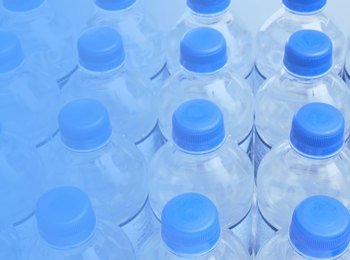
Webinar
Explore
Analysis of trace volatile organic compounds (VOCs) and odour in post-consumer recycled resins by thermal desorption and GC×GC–TOF MS
On-demand webinar

Blog
Explore
US EPA extends proficiency testing to the ‘PAMS’ network for organic ‘ozone precursors’
23 May 2024

Application note
Explore
Highly sensitive determination of trace-level chlorophenols and common odorants in drinking and environmental waters
Application Note 285

Case study
Explore
Automated sample preparation speeds up off-flavour research in the aquaculture industry
Aquaculture Research Institute (ARI) at the University of Maine, partnered with the US Department of Agriculture (USDA)
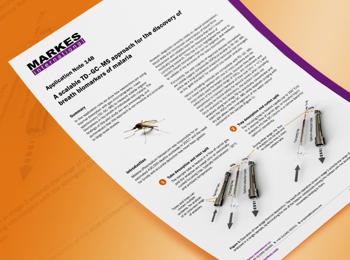
'Instant Insight' tech note
Explore
Headspace–trap analysis: Can you remove excess water and volatile interferences without losing volatile target analytes
Instant Insight 008
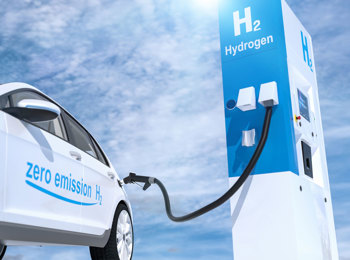
Webinar
Explore
A deep dive into hydrogen fuel analysis for a cleaner future
On-demand webinar
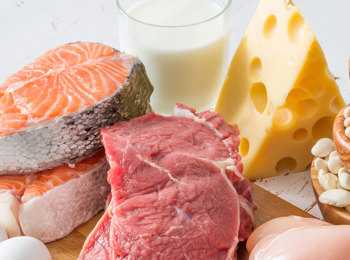
Webinar
Explore
Flavour and fragrance discovery: Unique high-capacity sorptive extraction to find what you've been missing
Webinar
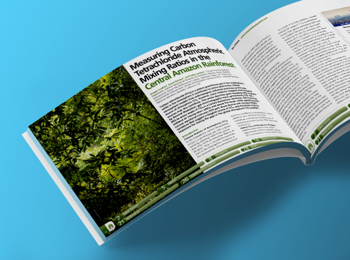
Article
Explore
Detection of ODSs and HGSs in industrial zones using a cryogen-free preconcentration GC–MS method
LCGC: The Column, April 2024

Webinar
Explore
The invisible toxic air we breathe
On-demand webinar on environmental monitoring methods for VOCs in India
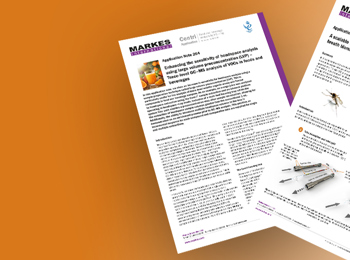
Application note
Explore
Detection of ozone-depleting substances and halogenated GHGs in industrial zones with a cryogen-free preconcentration–GC–MS system
Application Note 175

Application note
Explore
Room temperature and sensitive analysis of haloanisoles in wine using Vacuum-assisted headspace SPME with GC/ECD
Application Note 174

Webinar
Explore
Breathe new life into your ageing GC–MS: State-of-the-art in automated sample extraction and concentration
On-demand webinar.

Case study
Explore
Simple, non-invasive sampling of short-chain fatty acids in saliva as potential indicators of disease using HiSorb sorptive extraction
The Chemistry Lab for Analytical Technologies and Sensors, Dept. of Chemistry, University of Pisa, Italy
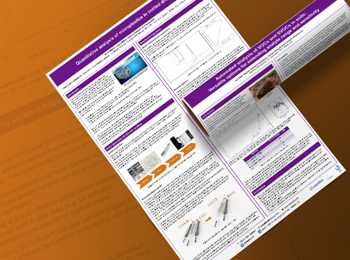
Poster
Explore
Novel high throughput TD–GC for breathomics workflows
Presented at IABR (International Congress for Breath Research) 2024

Poster
Explore
Eliminating lab dependency on helium as a carrier gas for TD–GC–MS
Presented at Pittcon 2023




